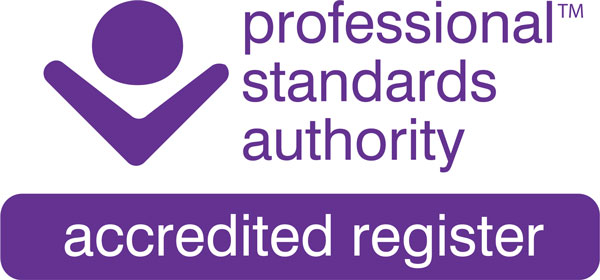Strong evidence of HG therapy’s effectiveness
A second study by researchers at Kings College London has confirmed HG therapy as delivered by HG practitioners for the charity PTSD Resolution results in rates of recovery similar to those achieved by the Improving Access to Psychological Therapies (IAPT) service (now known as NHS Talking Therapies). What is more, the treatment was significantly more acceptable to veterans, with a far lower dropout rate.
PTSD Resolution (PTSD-R) provides treatment to military veterans and reservists struggling both with PTSD and with other mental health difficulties, often exacerbated by difficulties finding a place in civilian life and commonly resulting in addictions, criminal convictions and relationship breakdown – families affected are entitled to treatment too.
The first study, published in Occupational Medicine in 2019, concluded that treatment with PTSD-R was an acceptable alternative to treatment through IAPT. However, full comparison was challenging because of different outcome measures used. (See https://doi.org/10.1093/occmed/kqz045)
This time, researchers used the recommendations set by the National Institute for Health and Care Excellence (NICE) for collecting ‘real world evidence’ – evidence collected from routine clinical practice, which includes data from a wide range of patients with varied characteristics, challenges and treatment histories. Evidence collected in line with the stringent requirements for real world evidence is deemed to provide valuable insights into the effectiveness of interventions. The results were benchmarked against the NHS IAPT service in general, IAPT for veterans in particular and another service for veterans that followed IAPT procedures.
The study, just published in Occupational Medicine, confirm that PTSD-R clients show similar improvement to IAPT patients, suggesting consistent results over time. “The current service evaluation found PTSD-R to have a recovery rate and reliable improvement rate in line with NHS England standards,” conclude the researchers. (See https://doi.org/10.1093/occmed/kqaf012)
“The findings also show that treatment with PTSD-R had much higher acceptability, with a far lower dropout rate,” comments Bill Andrews, research coordinator for the study. “So not only are the results comparable with no statistical difference in recovery rates, but are based on a much higher percentage of people staying in treatment. In total, 82 per cent stayed to an agreed planned ending, compared with ‘completion’ rates in the NHS service (defined as attending at least two sessions) of around 55 per cent.”
You can hear Bill talking about this research in a 7 minute video at https://www.youtube.com/watch?v=Nt47kHbLKCE
3rd April 2025

